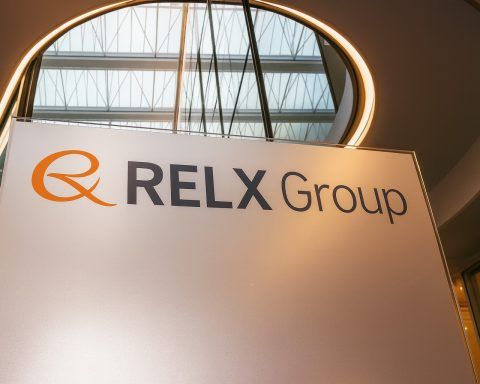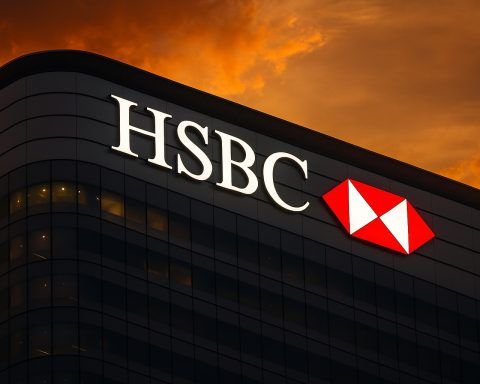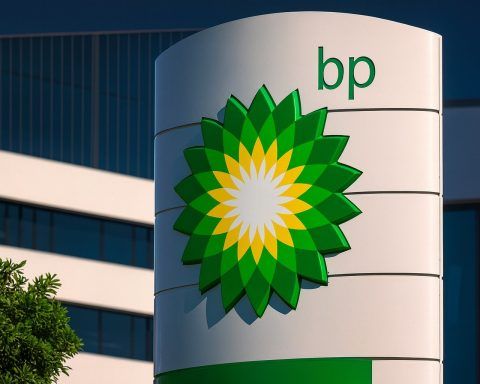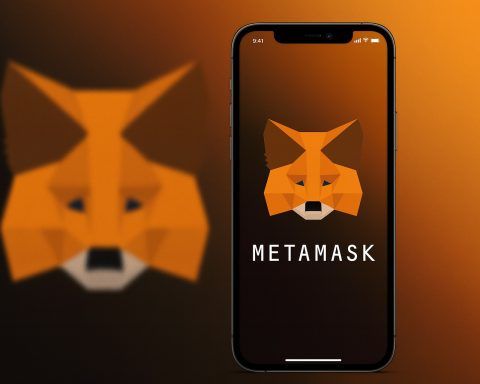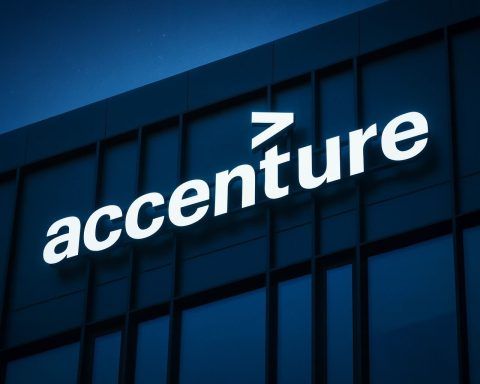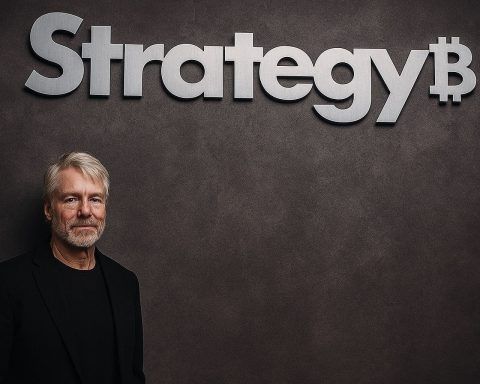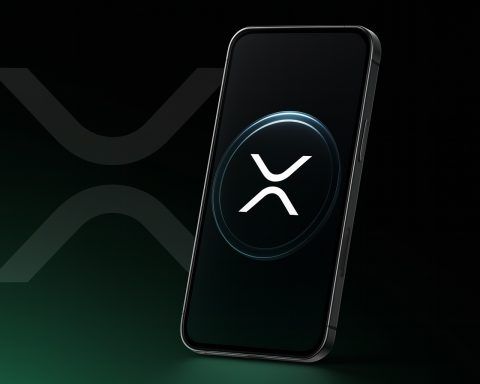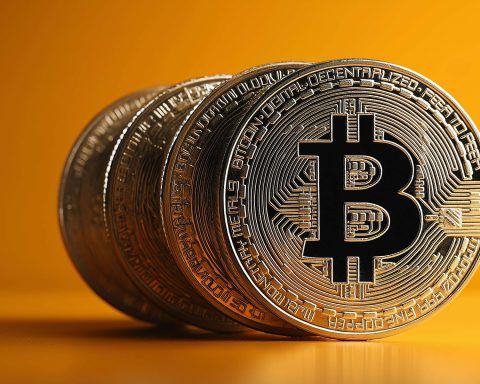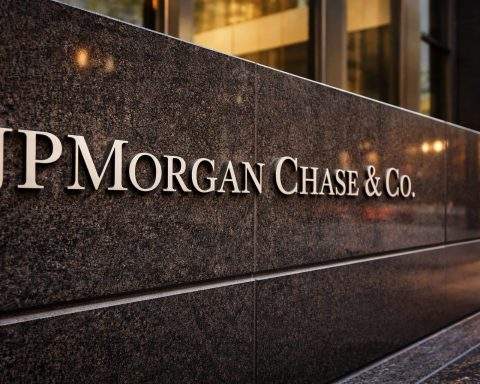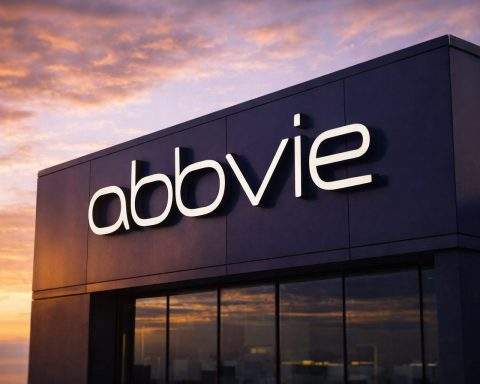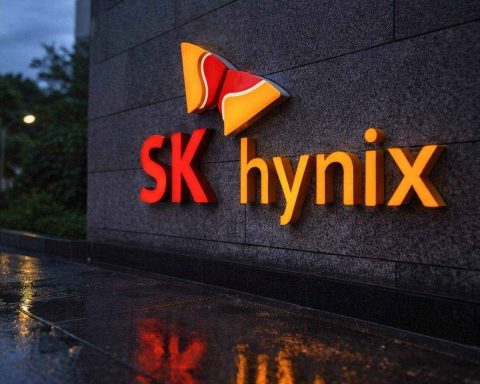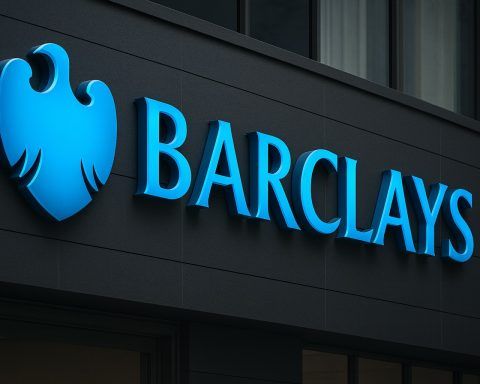
Barclays Share Price Today (21 November 2025): BARC Closes at 391p as Buyback Rolls On and UK Growth Fears Bite
Barclays PLC’s UK-listed shares (LON: BARC) eased lower on Friday, 21 November 2025, as a soft session for global equities and renewed worries about the UK economy offset support from the bank’s ongoing share buyback programme. As of the market close on 21 November 2025, Barclays was trading around 391p, down roughly 1.7% on the day from Thursday’s close of 397.75p.Investing.com+1 Barclays share price today: key numbers at a glance Based on data from London-focused price providers and major financial platforms, today’s session for Barclays PLC (BARC) looked roughly as follows:Investing.com UK+3Investing.com+3Share Prices+3 Despite today’s pullback, Barclays remains up strongly over the past

